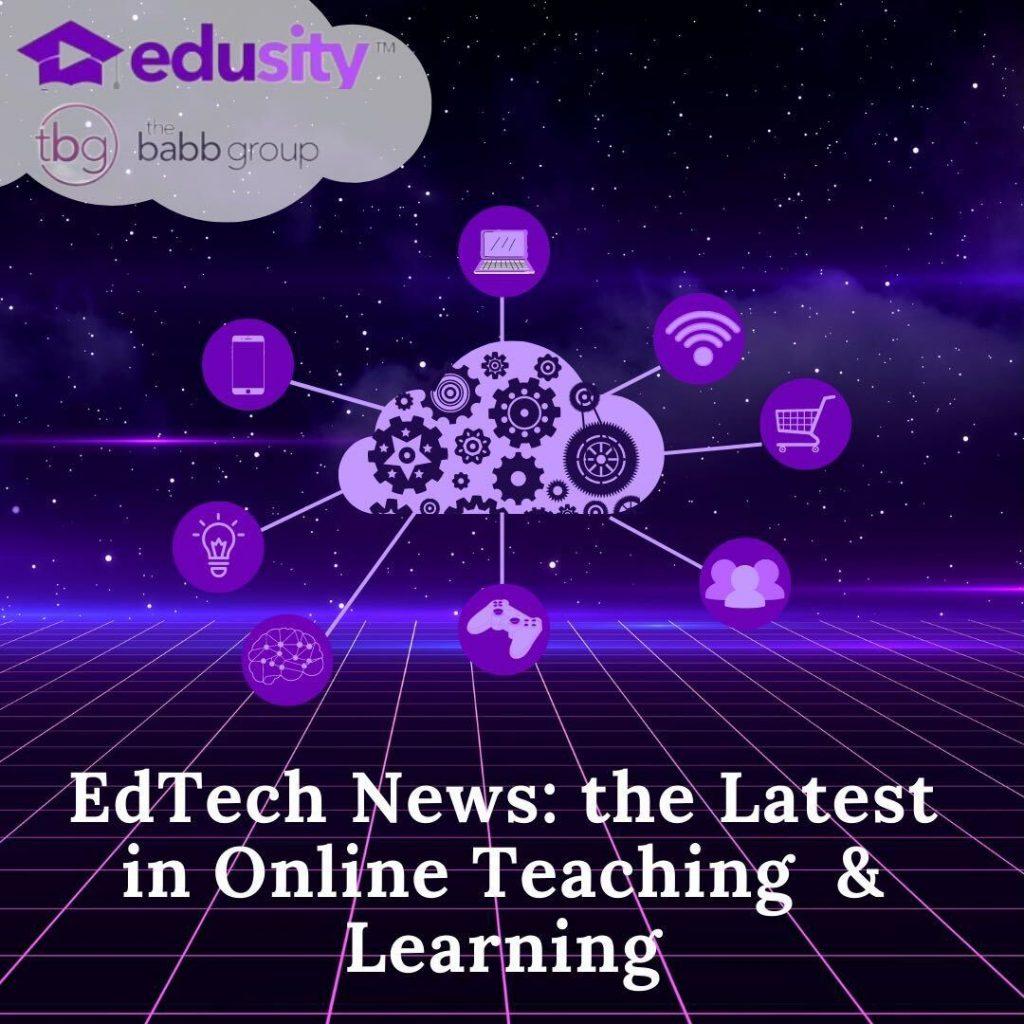Teaching and learning is a vast subject area. Building technology to support education demands the rapid re-assembling of ideas. We can take inspiration from this vast area and create a supportive scaffolding for instructors and learners. What’s true for EdTech is true for other sectors too. Once the technology is built, it cannot be unbuilt. It can only be further developed and improved. Part of that process includes humans learning how to use technology to improve their lives…which everyone is learning, which means making conscious efforts.
When it comes to social media, less can be more when it comes to using social tools for self-care and self-esteem. That conclusion comes from research published this week by the American Psychological Association. In the study, one group of teens and young adults cut their screen time in half while another group kept their usage at the same level. The group who made the reduction felt better about their weight and body image than those who didn’t.
“Adolescence is a vulnerable period for the development of body image issues, eating disorders, and mental illness,” said Gary Goldfield, Ph.D., of the Children’s Hospital of Eastern Ontario Research Institute and lead author of the study. “Youth are spending, on average, between six to eight hours per day on screens, much of it on social media. Social media can expose users to hundreds or even thousands of images and photos every day, including those of celebrities and fashion or fitness models, which we know leads to an internalization of beauty ideals that are unattainable for almost everyone, resulting in greater dissatisfaction with body weight and shape.”
Press release: https://www.newswise.com/articles/reducing-social-media-use-significantly-improves-body-image-in-teens-young-adults
Book club and textbook powerhouse Scholastic has long been an example of how educational publishers have successfully evolved to apply instructional design and curriculum development to new learning materials that use cutting-edge EdTech. This week Scholastic and SoapBox Labs announced that they partnered to create Ready4Reading. The new literacy curriculum leverages Scholastic’s published materials and SoapBox’s AI-driven voice recognition technology. The curriculum will be available to U.S. school districts this summer.
SoapBox’s child-specific speech technology lets primary pupils practice reading aloud. Teachers then receive feedback data that helps them plan lessons and decide what skills require more emphasis during instructional time and which students need more support in developing those skills.
“SoapBox has developed a unique speech engine and shares the same values as Scholastic, including a deep commitment to designing equitable technology that serves all children,” said Rose Else-Mitchell, President of Scholastic Education Solutions. We both understand the challenge educators face in supporting the literacy development of every child. We’re eager to unlock the power of voice in early reading instruction with the launch of SoapBox-powered Ready4Reading, and many more programs to come.”
While much of the focus in EdTech has been on the rapid emergence of AI-driven tools in online education, human beings who teach – or want to teach – are getting a boost.
The College of Education at California State University at Dominguez Hills (CSUDH) has been awarded $1.59 million by the U.S. Department of Education’s Augustus F. Hawkins Centers of Excellence Program. The program’s goals are to increase high-quality teacher preparation programs for teachers of color, to diversify teachers in the training-to-hiring pipeline, and to address current teacher shortages.
CUSDH will use the funds to support a Multilingual/Minoritized Educators Networked-Learning and Development (MEND) project and targets CSUDH’s elementary education teacher preparation program. The program is designed to increase and retain education students and teachers from multilingual and racialized backgrounds in Southern California.
“In Los Angeles County, we have such diversity in language education and language experiences,” said Professor of Teacher Education and MEND Co-Principal Investigator Pablo Ramirez. “We are seeking to transform teacher education so that it’s reflective of the needs of our communities.”
Press release: https://news.csudh.edu/mend/
Disclosure notice: The EdTech News is compiled and distributed by the Edusity family of companies that, includes Edusity, The Babb Group, Professor Services and Cudoo. Compiled from recent press releases, the weekly feature covers the latest news in EdTech, online education, teaching and learning, instructional design, and curriculum development.
Latest posts by Kate Baggott (see all)
- The EdTech News for Friday, March 17, 2023: AI Supports Reading Development, Educators Detect AI-Generated School Work - March 17, 2023
- The EdTech News for Friday, March 10. 2023: Families Coding, Mindsets Changing, and Edusity is Educating - March 11, 2023
- The Hiring Manager: Human or Bot? Job Seekers Need to Know - March 9, 2023
